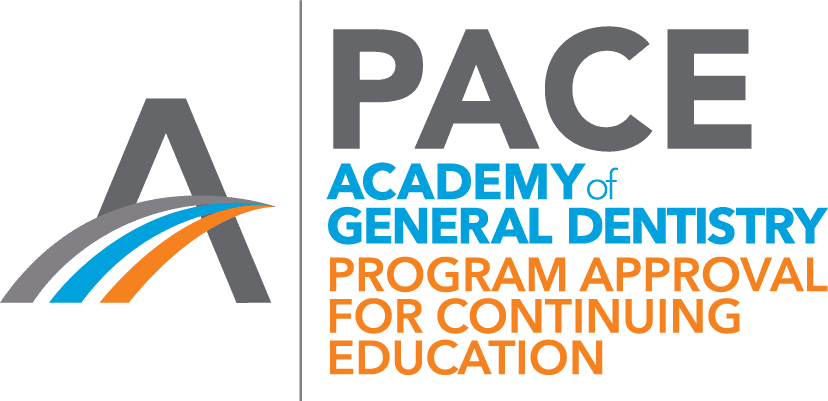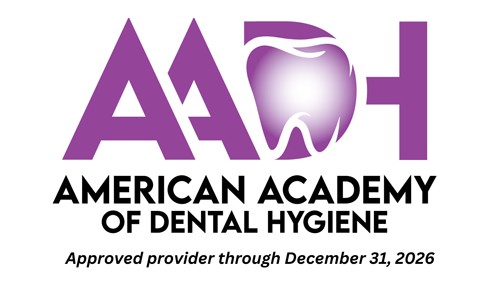Date & Time: Thursday, July 20, 2023, 3:30 – 5:30 PM
Speaker: Casey Hein BSDH, MBA, RDH
Learning Objectives:
- Better educate patients about the biological mechanisms implicated in the interrelationship between diabetes and periodontitis
- Identify patients who have asymptomatic or poorly controlled diabetes and refer those at risk to the appropriate healthcare provider
- Determine how patients’ HbA1c should inform the classification of periodontitis, including staging and grading in patients who have diabetes
- Identify periodontal instability and implement therapeutic strategies for long-term stabilization of the reduced periodontium of patients with diabetes
Periodontal science has evolved into such a rich evidence base that it has irrevocably obligated the profession of dental hygiene to advance into the primary healthcare arena. And, there’s no better place to start than targeting patients with periodontitis and diabetes. Growth in the incidence of diabetes and the interrelationship between diabetes and periodontitis
coalesce to produce a clarion call for oral healthcare providers: it’s time to take our place in the war on diabetes. Yet, not all of us are ready to embrace this “new calling’ to primary healthcare. It’s a little like the following story of three masons
After London was burned in the great fire of 1666, the renowned architect, Christopher Wren, was commissioned to rebuild Saint Paul’s cathedral. While walking around the building site one day, Wren stopped to ask three masons this question: “What are you doing?” The first mason, working in a crouched position, answered, “I’m just a bricklayer.” The second mason, half-standing answered, “I’m a builder”. The third mason, who stood tall and worked with intensity, replied “I’m a cathedral builder” and with a gleam in his eye continued, “for the Almighty”. Clearly, this was a calling with purpose for him.
Some of us are like the first mason. For him, it was simply a job. Others of us identify with the second mason who saw his work more as an occupation. Yet, how many of us, like the third mason who claimed he was a cathedral builder, believe we have a higher calling, with purpose? In other words, how many of us really recognize we’re not simply tooth cleaners, but a healthcare provider uniquely positioned to help people who have diseases such as diabetes?
Please join us for an in-depth look at how hygienists can make a significant difference by screening patients for asymptomatic or poorly controlled diabetes, recognizing how glycemic control influences periodontal stability, addressing the unique oral health needs of patients with diabetes, and implementing progressive protocols that target the interrelationship between periodontitis and diabetes. As dental hygienists, we share a universal desire to make a difference in our patients’ lives. This ‘new calling’ is one of the most promising opportunities in the history of dental hygiene. Let’s do this!






